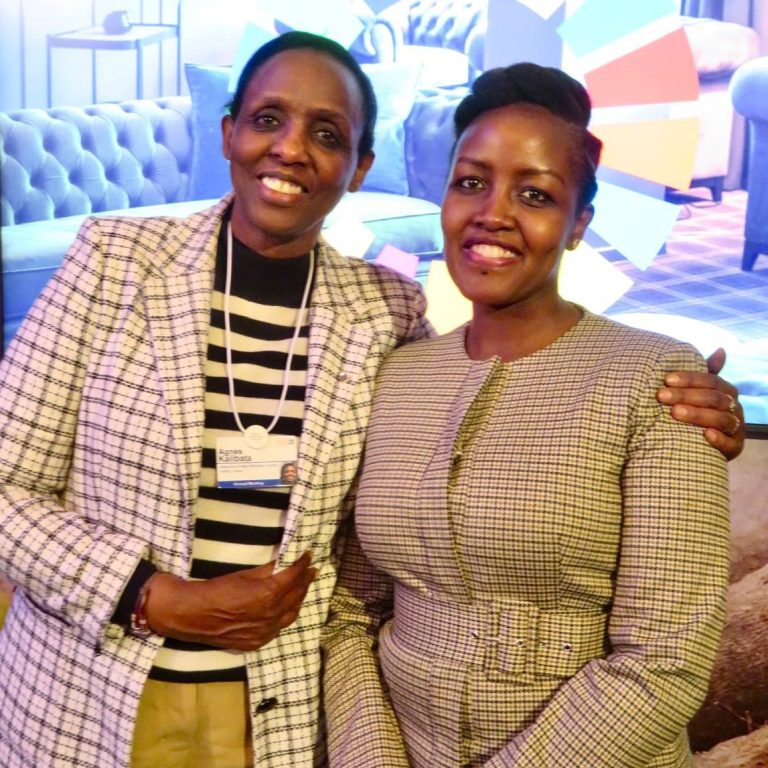The Alliance for a Green Revolution in Africa (AGRA) and Rwanda’s Ministry of Information Communication Technology and Innovation (MINICT) have joined forces to establish the Rwanda Food Innovation Hub, a groundbreaking initiative designed to revolutionize food systems and strengthen agricultural resilience across Africa.
This partnership aims to empower smallholder farmers, foster inclusive markets and financing, and enhance agricultural systems, ultimately driving increased food production, improved nutrition, and greater climate resilience.
A vision for sustainable growth
The initiative aligns with Rwanda’s national development priorities, leveraging technology and innovation to support economic growth, reduce poverty, and enhance food security. It also reinforces AGRA’s 2022-2030 Strategic Framework, which focuses on achieving zero hunger, better nutrition, poverty alleviation, and climate adaptation through a food systems approach.
Speaking at the signing of the Memorandum of Understanding (MoU), Dr. Agnes Kalibata, President of AGRA, emphasized the transformative potential of the partnership:
“AGRA is dedicated to catalyzing sustainable food systems across Africa. This collaboration with MINICT will create a vibrant ecosystem for food innovation in Rwanda, benefiting farmers and communities across the continent.”
Minister of ICT and Innovation Paula Ingabire echoed this vision, stating:
“This partnership is crucial for Rwanda’s ambition to become a Food Innovation Hub. By harnessing technology and innovation, we can transform food systems, empower farmers, and contribute to food security across Africa.”
A framework for action
The MoU sets a collaborative framework to position Rwanda as a leader in food innovation, fostering an ecosystem that accelerates and scales agricultural solutions to meet key development goals.
- AGRA’s role: Providing strategic advisory services, engaging national, regional, and global stakeholders, and helping secure partnerships to drive priority programs.
- MINICT’s role: Leading policy design and implementation, coordinating with government ministries and agencies, and building strategic alliances.
Additionally, knowledge and insights gained from project activities will be shared widely, ensuring that innovations—whether products, technologies, or data—remain accessible and affordable for the people who need them most in developing countries.
By combining technology, policy, and investment, the Rwanda Food Innovation Hub is set to become a model for agricultural transformation, inspiring similar initiatives across Africa and beyond.


